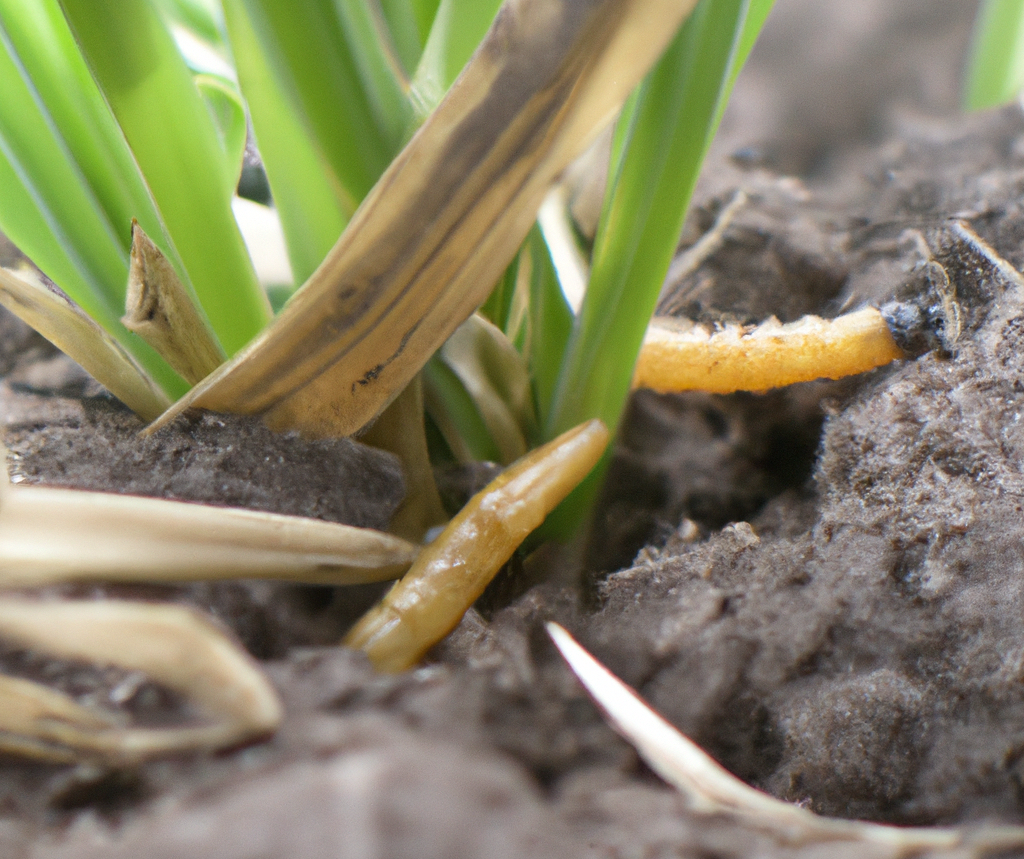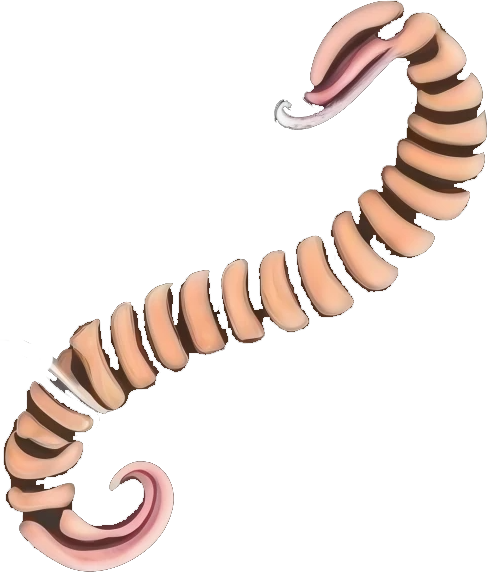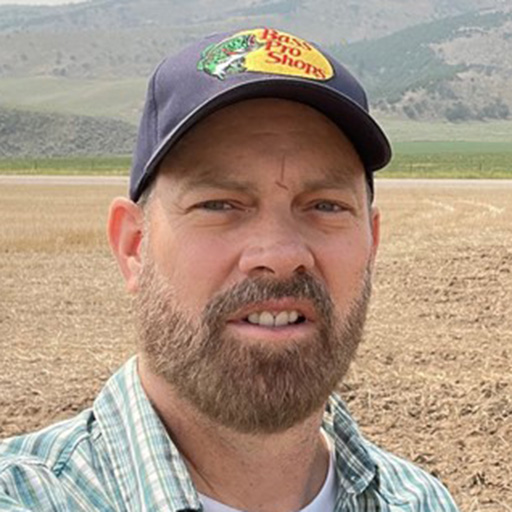Problem Statement
Wireworms, the larval stage of click beetles, are a major pest of crops in the Pacific Northwest and Intermountain regions of the USA. Currently, the only available insecticides to control this pest are neonicotinoid seed treatments, which often fail to protect the crop. Thus, there is a need for effective alternative management options that fit regional agricultural practices and contribute to soil health and sustainability.

Objectives
Based on a series of farm trials and evaluations, this project addresses 4 main objectives:
Brown mustard effectiveness
Evaluate the effectiveness of brown mustard rotation and a newly developed concentrated brown mustard seed meal extract in reducing wireworm damage
Impact of treatments
Examine impacts of adoption of these treatments on soil health parameters
Early detection and economic impacts
Develop an early detection method for predicting and estimating economic loss to wireworms
Education
Develop extension educational materials for wireworm damage detection, management, and farm profitability implications
Outcomes

Findings from this study will result in the development of decision-making guidelines and ecologically based pest management tactics that can be cost-effective, environmentally benign, sustainable, and applicable to cropping systems across the PNW and elsewhere.
Project results will be communicated to producers in Oregon, Utah, and Montana with support from Extension specialists in each of those states.
Team
Producers
Hans Hayden
Gordon Gallup
Mark Greene
Wayne Westberg
 Wireworm Mgmt System
Wireworm Mgmt System




